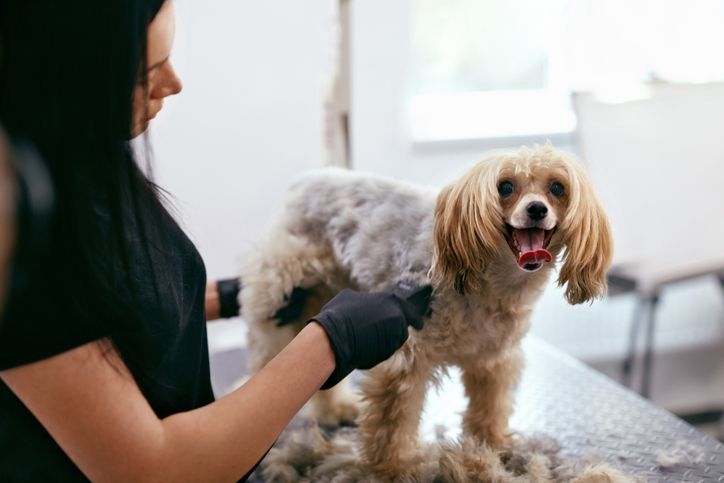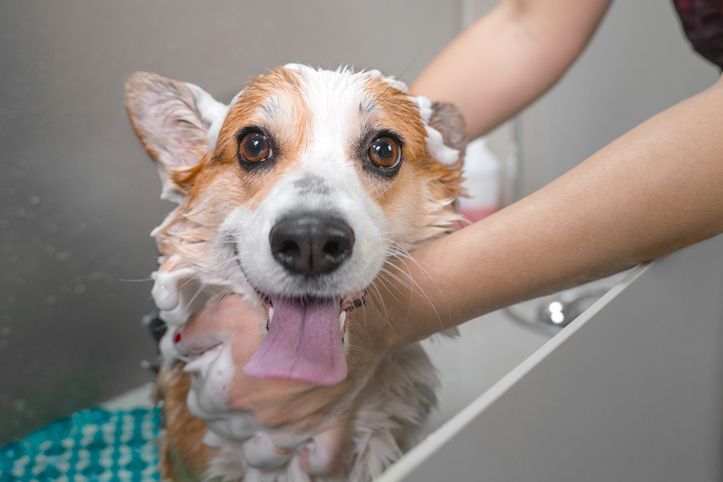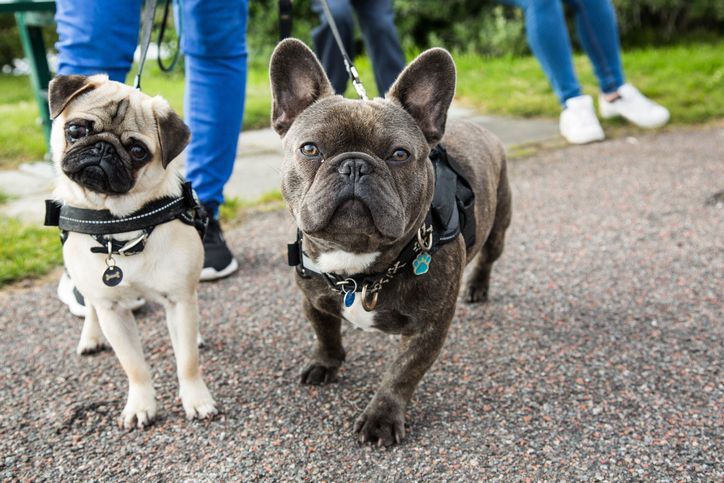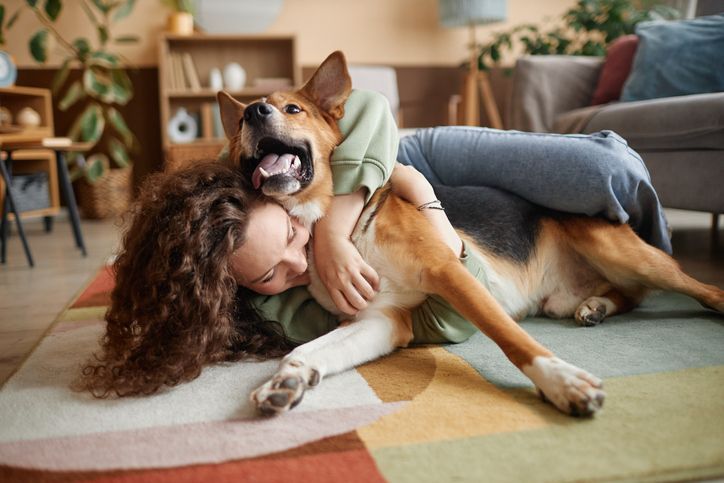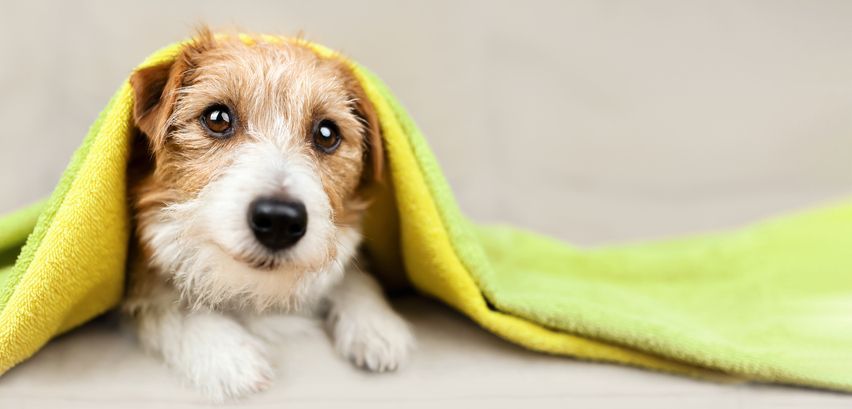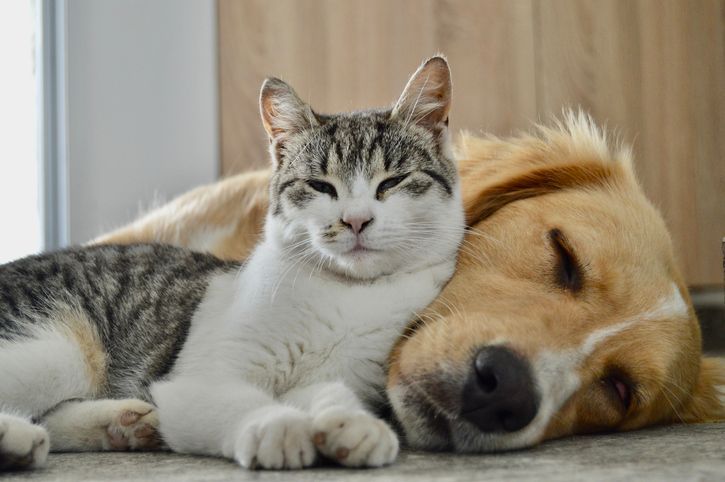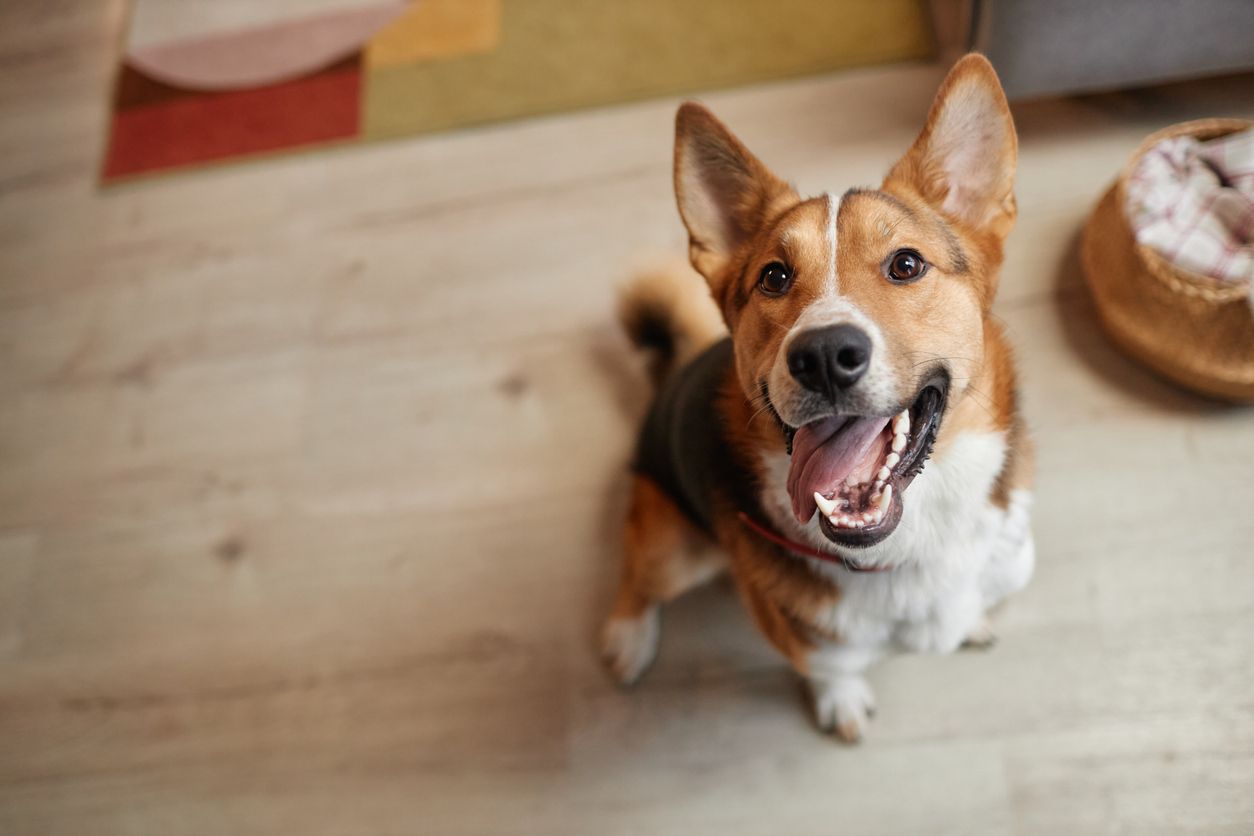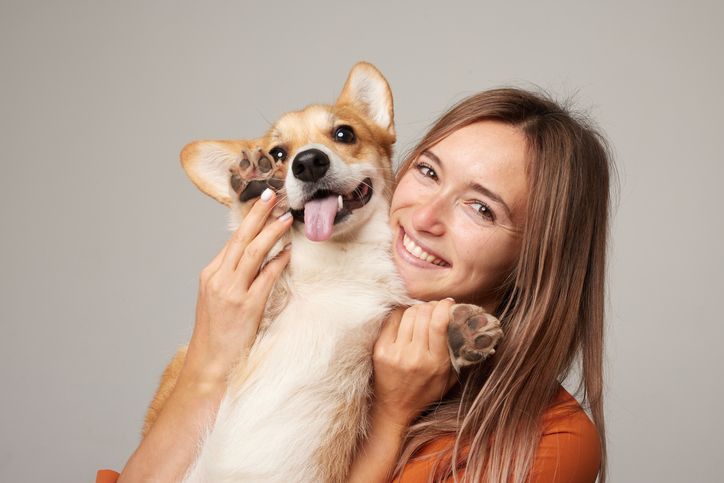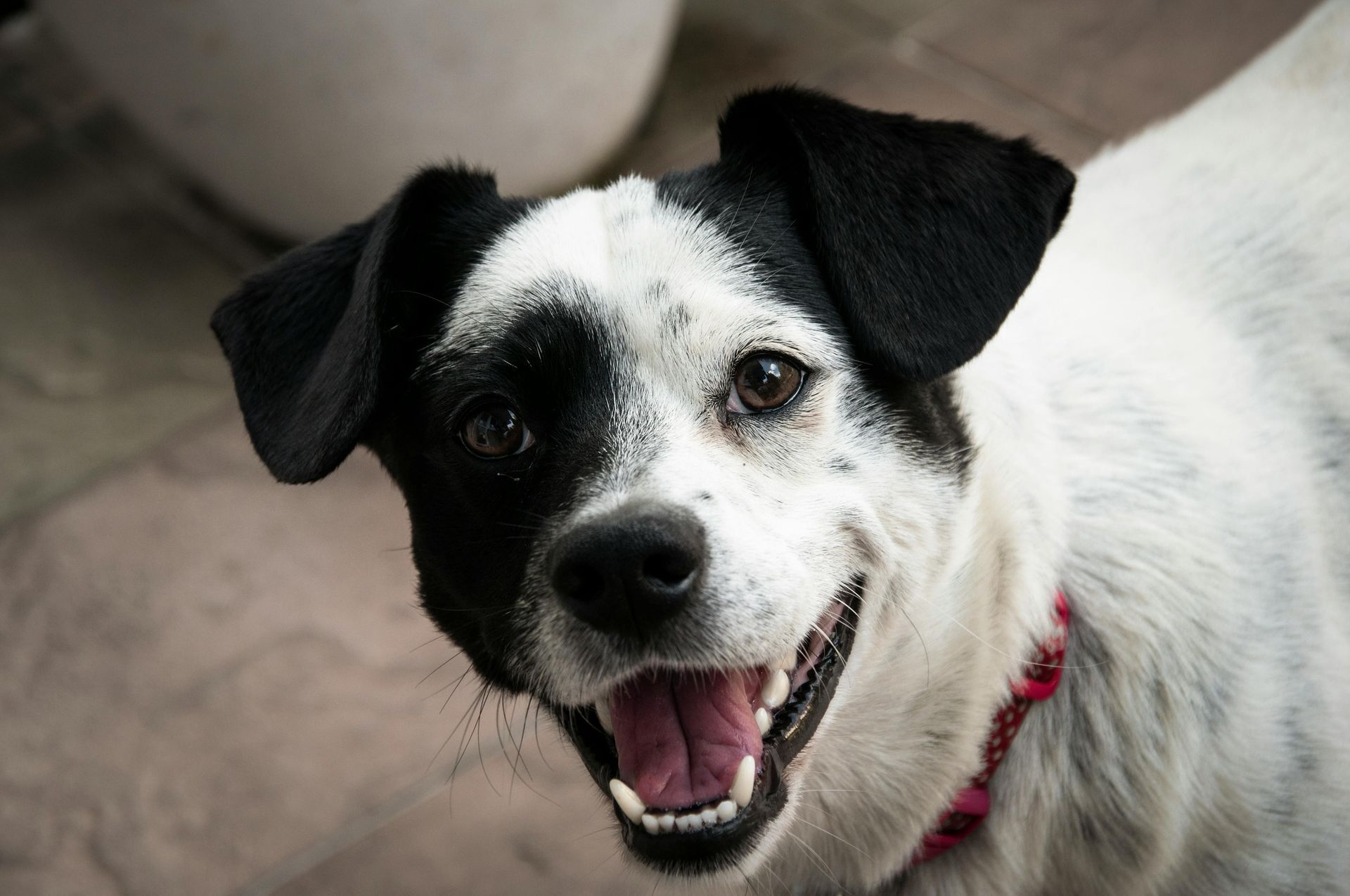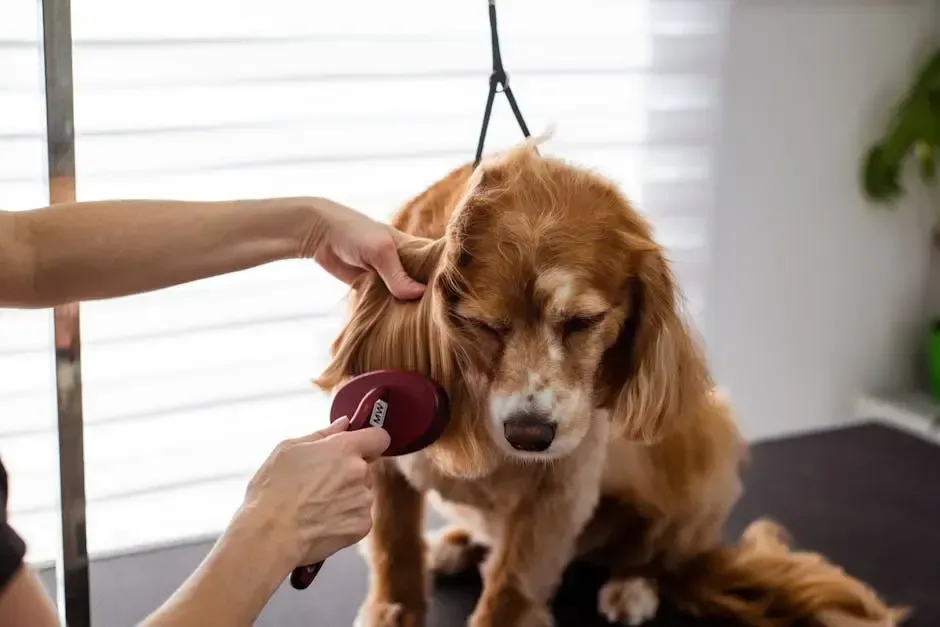Can Dogs Get Infected With The Corona Virus?
April 6, 2020
The World Health Organization has reported that there is no evidence that pets can catch Coronavirus infections
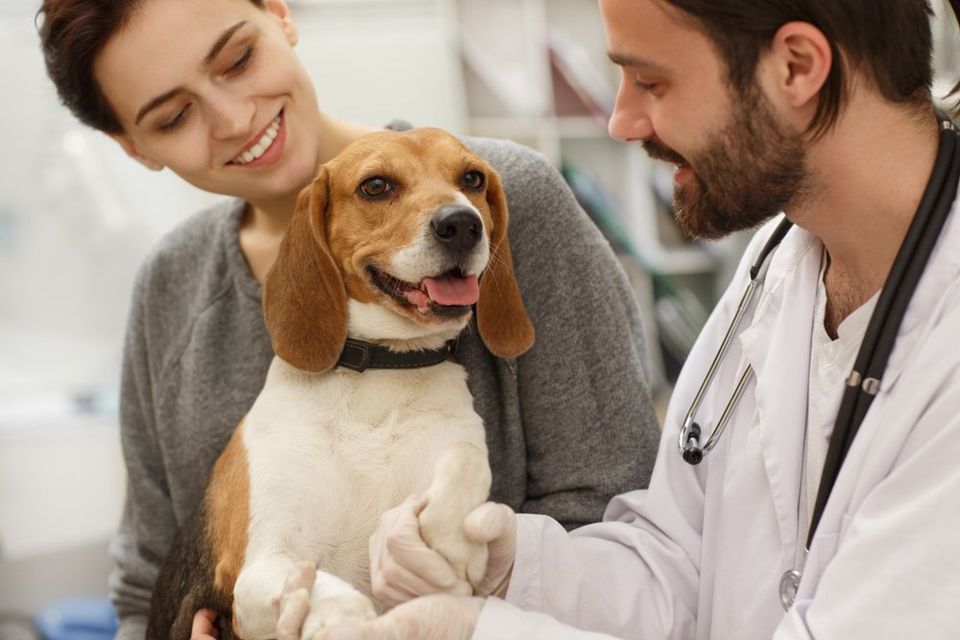
From Ebola to SARS and Coronavirus, there is no doubt that the COVID-19 global pandemic is a frighteningly-common reality. Yet, despite public service efforts to teach people how to stay safe, there is one concern that is seldom addressed by health authorities: whether dogs are affected by Coronavirus.
As our faithful companions, dogs share our living spaces and have direct physical contact with us on a daily basis. So, the idea of them catching and spreading a human virus isn't far-fetched. Luckily for us, the World Health Organization
has reported that there is no evidence that pets can catch Coronavirus infections. That being said, there are still some considerations you should keep in mind.
Pets can carry and spread human diseases
Even if a dog won't necessarily show any symptoms of having a human disease, that doesn't mean it can't carry and spread it. In fact, as pets are the only type of animals most humans are frequently in contact with, they can unwillingly serve to spread the disease from one person to another - even between people who have never met before.
That's why, to avoid your furry friend from bringing dangerous diseases to your house, you must apply the standing quarantine rules to him as well. Only take your dog for a walk outside if you absolutely have to and even then use a leash and pick a time when there are the fewest people possible outside.
Infected owners should restrict physical contact with their pets
If you have tested positive for COVID-19 or another type of virus, you should reduce your contact with your pets to a minimum. While pets aren't in danger of catching the disease, they could help spread it to your family members and neighbors - particularly if you or any other person carrying the virus kisses them or pets them without having cleaned their hands.
If it's possible, you should try having another family member or friend help you take care of your pet for you. Not only will this reduce your chances of infecting other people near you, but it will free you from having to care for your dog and leave you plenty of time to rest.
You should disinfect your pet after taking him out for a walk
The chances of a dog catching the virus while walking are relatively low. Nevertheless, you still want to practice proper hygiene and safety procedures to keep that probability as close to zero as you can.
Like humans, dogs have sensitive skin. So, you can't spread Lysol or other cleaning products over their fur and skin without irritating them. On the other hand, bathing your dog
every time they come back home is probably overdoing it. That's why it's best to use a paw cleaner or paw wipes to clean your pet`s paws after a walk.
While dogs probably won't catch Coronavirus or other human viruses, they're still in close contact with us 24-7. That's why you should remember to wash your hands carefully before and after touching them during an ongoing pandemic. Hopefully, the advice outlined in this article will help you and your furry friend get through any ongoing or future pandemic without any inconvenience.
At Primped Pooches, a shave-down isn’t just a quick buzz — it’s a full, detailed grooming session with the same care, skill, and spa treatments as any haircut. Shaving requires precision, prep work, and puts extra wear on our equipment, which is why it costs the same. Your pup’s comfort and safety always come first!

